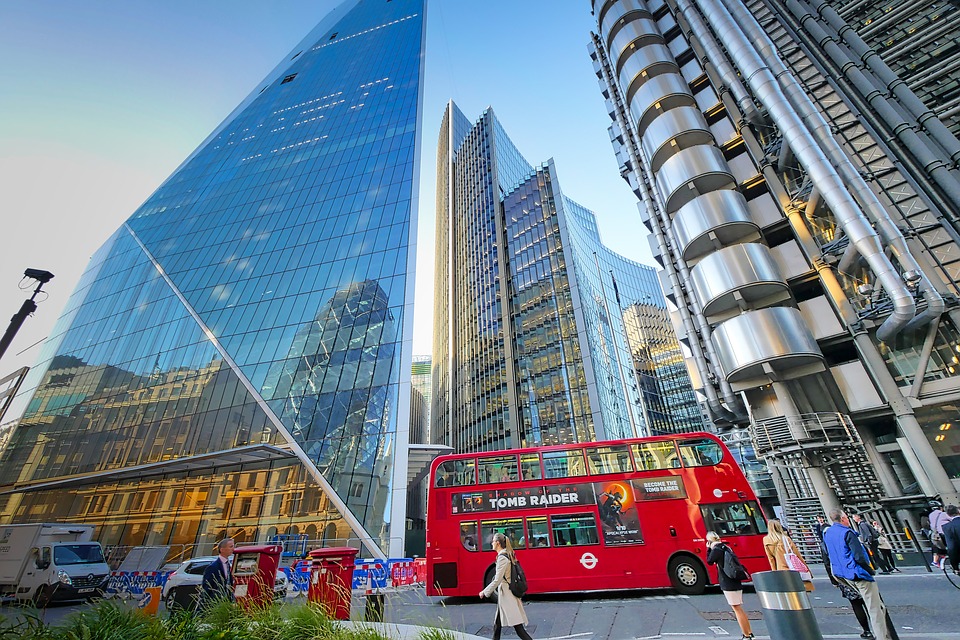The political choice of Brexit has cost UK businesses as much as the unforeseeable Covid pandemic.
British companies have lost over £250bn to Covid and an equal amount to Brexit by the end of 2021, but the Brexit tally is now rising faster.
The Centre for Economics and Business Research found that Covid-19 lockdowns had cost UK businesses £251bn by March of last year.
It revealed the value of the goods and services produced by the economy was more than £250bn lower than it would otherwise have been.
It calculated the Gross value added (GVA), which measures the value of the goods and services produced by the economy, minus the costs of inputs and raw materials needed to deliver them.
Covid-19 cost small businesses alone an estimated £126.6bn, according to the business insurer Simply Business, while a November 2021 Government report revealed the UK lost almost £365 billion in GDP from Covid overall.
Commenting on the figures, David Jinks, who is head of consumer research at delivery firm ParcelHero, said: “British businesses have had a torrid few years.”
To find out more about how we can assist you with your Second Charge Mortgage please click here
“Brexit or Covid, which has been the heavier burden for them to bear? The shocking answer is that the entirely avoidable Brexit crisis has had as much of an impact on UK businesses as the unforeseeable Covid-19 tragedy, and its costs are still rising,” he added.
“No one could have foreseen the arrival of the pandemic and there was little that could have been done to shield UK businesses in advance. However, this is certainly not the case for the impact of Brexit on UK businesses,” Jinks said.
Negotiations
The confrontational handling of trade negotiations with the European Union made “a bad situation worse,” he stated.
Before Brexit had even happened, a 2020 report by Bloomberg Economics revealed that, by the end of that year, the economic cost of Brexit already exceeded £200bn in lost revenues to UK companies. It calculated the British economy was 3 per cent smaller than it otherwise would have been.
Since Brexit actually happened, on 1 January, 2021, the UK Trade Policy Observatory reveals that the reduction in trade has lost UK businesses a further £44bn.
“That breaks down to £32.5bn lost in potential imports to the UK and £11bn in exports to the EU,” Jinks pointed out.
The UK Government splashed a further £8.1bn on preparing for Brexit and the end of the transition period, according to the Institute for Government.
“In our view, that was money that should have been spent on promoting UK trade across the EU and beyond, not battening down the hatches,” noted Jinks.
The figures mean that the combined costs of Brexit and of the pandemic both equal around £250bn.
However, in the long term, Brexit could end up costing even more than Covid-19.
Thomas Sampson, Associate Professor at the London School of Economics, said: “When measured in terms of their impact on the present value of UK GDP, the Brexit shock is forecast to be two to three times greater than the impact of Covid-19.
Moreover, the Office for Budget Responsibility (OBR) told the BBC last October that leaving the EU would “reduce our long run GDP by around 4 per cent.”
It is believed the effect of the pandemic will reduce GDP output by only a further 2 per cent.
End of Covid restrictions
With the end of lockdown and travel restrictions, the impact of Covid measures is now receding but the Brexit bill continues to mount.
The most recent Government Business Insights report has revealed that, last month, 66 per cent of UK businesses experienced challenges with exporting and 79 per cent with importing.
“This has had a knock-on effect on transport and logistics companies. A staggering 36.7 per cent of transport and logistics companies either closed, paused trading entirely or continued trading only partially in December,” Jinks shared.
This is only how much the loss of physical goods sales has cost.
The Institute for Fiscal Studies sayidexports of professional services to the EU slumped from 44 per cent of the UK’s entire international services trade in 2016, before Brexit negotiations got underway, to just 30 per cent in 2021. It forecast a net drop in overall UK services exports.
By MICHIEL WILLEMS
Source: City AM
Discover our Second Charge Mortgage Broker services.







